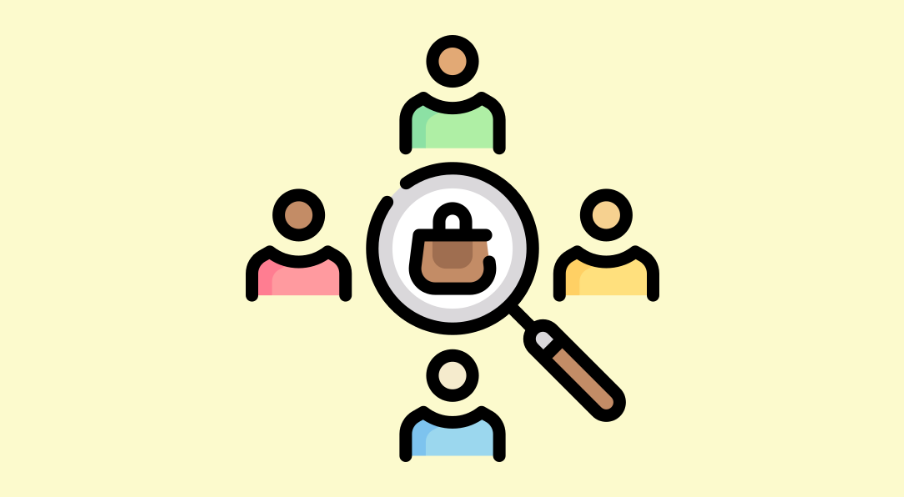Introduction:
In today’s dynamic recruitment landscape, efficiency in talent acquisition is paramount for maintaining a competitive edge. Conventional hiring methods often entail laborious tasks, from sifting through numerous resumes to coordinating interviews and managing offers. However, the emergence of Artificial Intelligence (AI) has introduced powerful tools that streamline these processes and facilitate more informed decision-making.
Understanding the Hiring Workflow:
Before delving into the role of AI in recruitment, it’s crucial to grasp the intricacies of the hiring process. From job postings to onboarding, each stage presents its unique set of challenges, including time constraints and the potential for bias.
AI-Driven Solutions for Resume Screening:
Resume screening stands out as a particularly time-intensive aspect of recruitment. Traditional approaches are prone to inefficiencies and subjectivity. However, AI-driven resume screening tools, such as recruitRyte, leverage advanced algorithms to swiftly and objectively analyze resumes, saving recruiters valuable time and ensuring a fairer assessment of candidates.
Optimizing Candidate Sourcing with AI:
AI is revolutionizing candidate sourcing by automating and refining the process. Through AI algorithms, recruiters can identify and engage with potential candidates more effectively across various platforms, including job boards and social media.
Enhancing the Interview Process with AI:
Interviews represent a critical phase in recruitment, yet they often come with logistical challenges and the risk of bias. AI-powered interview platforms, equipped with natural language processing and sentiment analysis capabilities, streamline the process by handling interview scheduling, analyzing candidate responses, and offering valuable insights to hiring teams.
Streamlining Offer Management and Onboarding:
After identifying the ideal candidate, AI continues to play a pivotal role in offer management and onboarding. Solutions like recruitRyte utilize AI to streamline offer processing, predict candidate acceptance, and personalize the onboarding experience, ultimately boosting retention rates and fostering employee satisfaction.
Addressing Challenges and Ethical Considerations:
While AI presents numerous advantages to the hiring process, it’s imperative to address potential hurdles and ethical considerations. Upholding transparency, fairness, and accountability is essential to ensure that AI-powered recruitment practices remain ethical and inclusive.
Future Trends and Conclusion:
As AI continues to evolve, the future of recruitment appears promising. Emerging trends, such as AI-driven assessments and predictive analytics, are poised to further revolutionize hiring practices, empowering organizations to make data-driven decisions with confidence.
Ready to revolutionize your hiring strategy with AI? Discover how recruitRyte can streamline your recruitment process and expedite talent acquisition. Explore our AI hiring platforms today.
With recruitRyte, you can harness the potential of AI to reshape your recruitment approach and gain a competitive advantage in today’s fast-paced market. Experience the future of hiring by trying recruitRyte now.
